“We want to give a new life to company surpluses, moving education to the world”
- The Regenerate project proposes that children play with less common materials: waste generated in companies. Larraitz Esnaola Illarreta and Alex Barandiaran Arteaga are the teachers and researchers of the Faculty of Humanities and Educational Sciences of Mondragon Unibertsitatea. In 2021, Biziberritu received the Social Point Award for being a project with positive social impact.
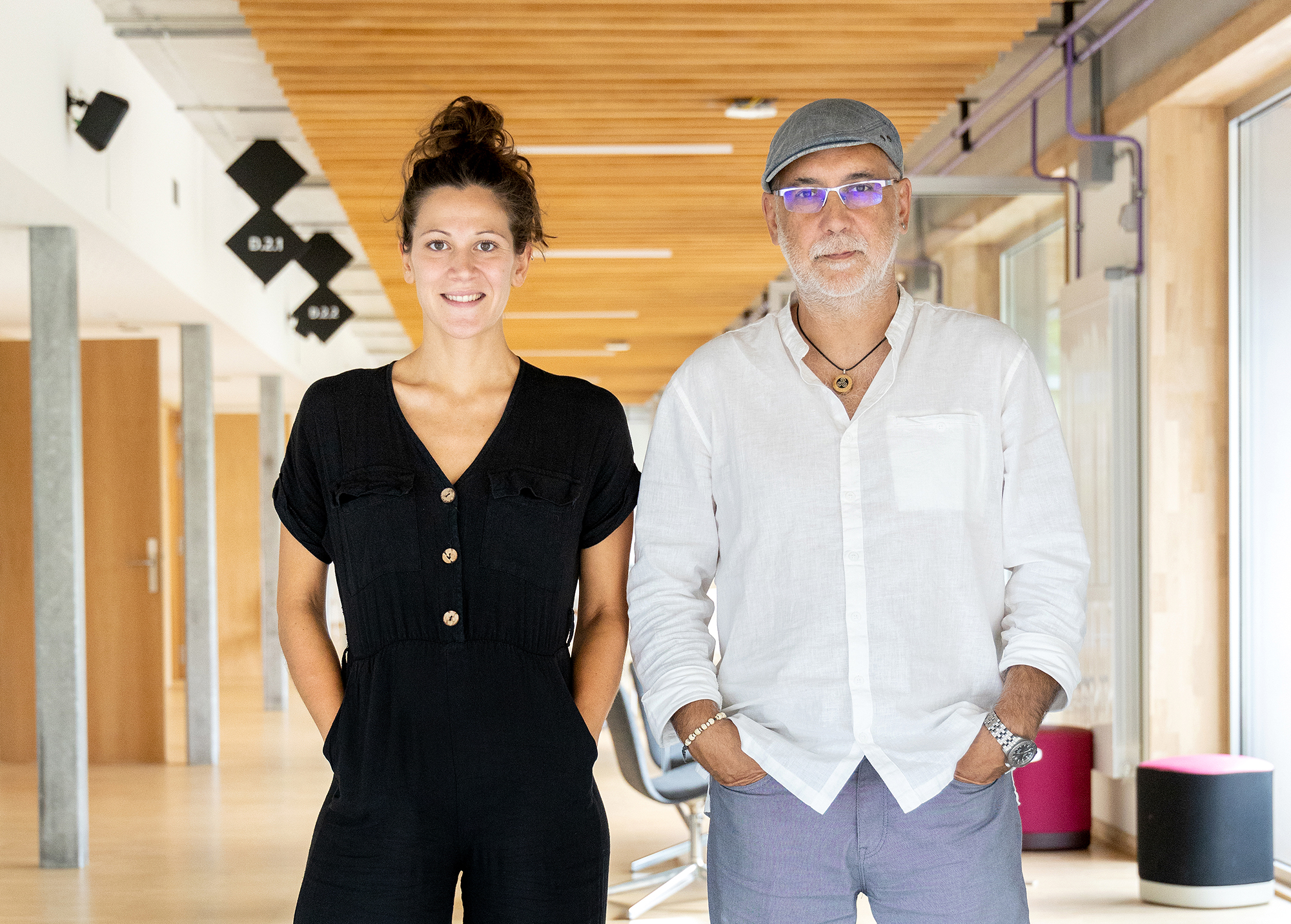
What do you mean to the project you have called “Reviving”?
Larraitz Esnaola: We wanted to give a new life to company surpluses, moving them into our educational environment. We have put the material in the hands of school educators, professionals and children: on the one hand, we give a new life to the one who goes in the trash if not, and on the other, we renew the material that is in the schools or we question what has been used so far.
Alez Barandiaran: We have seen that this material is alive and offers many possibilities. We rely heavily on the exploration and experimentation of the child, that the child will discover its reality and that of its environment. Our base is on discovery, but if the material is structured it doesn't let you discover. Unstructured is much more interesting to us: children can discover their relationships and characteristics and use them to work the imagination and play. The material will have a different life in the hands of each child.
“The educators have seen many things
we didn’t
expect: we give a function to the
syringe, but the children represent other things”
Larraitz Esnaola
What surpluses do you work with? How do you get them?
L. R. Companies give us them. There are other unstructured materials in schools that can be used by children, but they are often not so available because they are industrial or otherwise made.
A. Barandiaran: Boxes, corks, toilet paper tubes…
L. R. Last year we did a pilot experience, as we saw that some centers were in it, but not with the materials we offer. That's why they're surprised when they first see the material of our project. For example, a company gave us syringes, and we put them together with the fluid in or out, maybe with the wind -- but the kid's game goes further. Throughout the process, educators have seen many things that we didn't expect: we give a function to the syringe, but in the game they've imagined other things. The same applies to the wheels of the bicycles or the frames.

First you get in touch with companies. And once you get the material, what are the next steps?
L. R. The call was made to several companies outside the cooperative of the Mondragon Group, with a total of five stakeholders: Irizar, Ternua, Fagor Electronics, Orbea and KiroGrifols. We also went to the classes and finally eight were encouraged to participate. As has happened with companies, there are more schools that have shown interest, but we have been told the difficulty of actively participating and we have started with these eight.
A. B. What we have proposed is that each school takes material and makes a proposal with them. An attractive proposal to attract your attention and experiment with the material. They document what happens, and then we meet again to reflect and draw conclusions about what children have done.
How old are you? Can it be extended to other ages or areas such as leisure?
L. R. They've participated from kindergarten through sixth grade. But we've also thought about working with the leisure and retired groups, outside what's called formal education.
A. B. We see that this is a community project, which can have many branches, even artists can do something...
You prepare dynamics. How are they?
A. B.Preparamos a space with attractive materials. And then children are allowed to experiment freely. All of this is collected in schools with photographs, videos and writings, and they share with us the information they receive: that a child has uncovered a new aspect, that the other has not done so, that he has built an aircraft… The materials are arranged in a way and that plane is in the child’s head, but we may not see it.
L. R. The goal is not to create an airplane, of course, but to do what you then get out of the interior with that material. Maybe another creates something else, or experiences getting this thing into the other...


They've written a book. Reviving the experiment, published by Hik Hasi.
A. B. We thought it was a good idea to make proposals to the centers and reflect the possibilities of experimenting with these materials, one of the axes of this project. What can the child discover with this? And with this?
L. R. They are proposals to work this vision, but it is not a question of reaching them, but of using them as inspiration when experimenting. The book offers the possibility of making other proposals and includes an extensive list of materials to be generated from what one has around them, because what can be achieved in each place is different.
A. B.Querwe would spread this culture in schools, because we know it's difficult. Request work. First acquire the material, then place it in a place, document it, share that documentation with other professors, reflect from there… It takes time, and the road so far has not been that. Medical records and medical records have usually been handed over to the child.
“We have seen this material alive.
We rely heavily on experimentation, let the child discover reality”
Alex Barandiaran
L. R. What we offer the child is well thought out, we take a lot of turns to decide what and how to present it. We don't offer the first material we found -- this can also be done sometimes, but what's interesting is pre-fabrication and then see what's happened. Because often the result is not what you expect: there are different age groups, the number of children is higher or lower, it depends a lot on them.
What are the next steps?
A. B.Querlet us extend it both here in the [Alto Deba] valley and in others, for example in the Zumaia area.
L. R. We'd like to open it step by step, we started in Gipuzkoa, but we think it's a very interesting project to work in other places in the Basque Country.
Promotion of the Social
Point prize
The Biziberritzen project won the Social Point Award in 2021. TaPunto is a cooperative created with the aim of strengthening positive social impact projects and is organized every two years. Fundación PuntuEUS, ARGIA e Ido
Photography is a cooperative for enlargement. The photos above, for example, were taken at Zumaiena School in Zumaia, and this article is also the result of this intercooperation.
Biziberritu has received support in several areas: “We just started the project and we had some needs, we thought that the Social Point can give us a boost and that’s why we are encouraged to present it. The prize has been of great help: image, logo, brands and typographies, use on social networks, web…”, explains Larraitz Esnaola. They also intend to make a video to show how the material travels from companies to schools: “In short, we can say that the prize has brought the project to life.”
Alex Barandiaran says they've learned a lot along the way: “These areas are not our strong. Our job is more to have the idea in the head and the other part they have done. It’s been a collaboration.”
The Department of Education doesn't understand why public employees have gone on strike. He's got to ask the LAB Syndicate. This union signed an agreement with the department in April 2023. Two years later they have also called for a strike because, unlike the previous ones, the... [+]
Erretiratu berri den lankide-ohi baten omenez, Historiako irakaslea. Bejondeizula!
Hezkuntza-legeek azpimarratzen dute zein garrantzitsua den ikasleengan pentsamendu kritikoa sustatzea. Baina irakasle-klaustroak, garai batean ideien eztabaidarako eta proposamenak... [+]









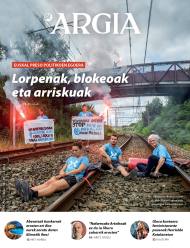

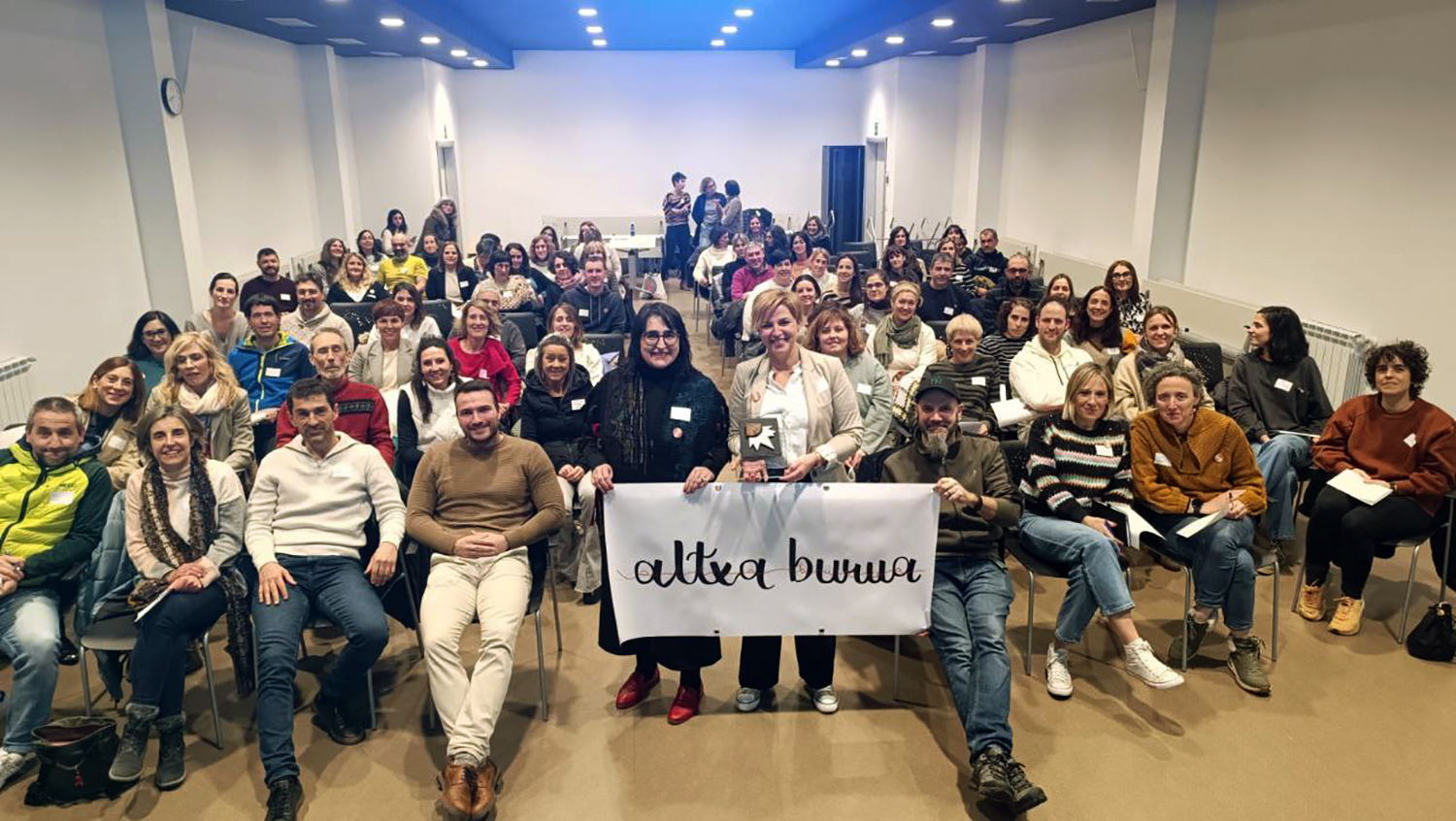
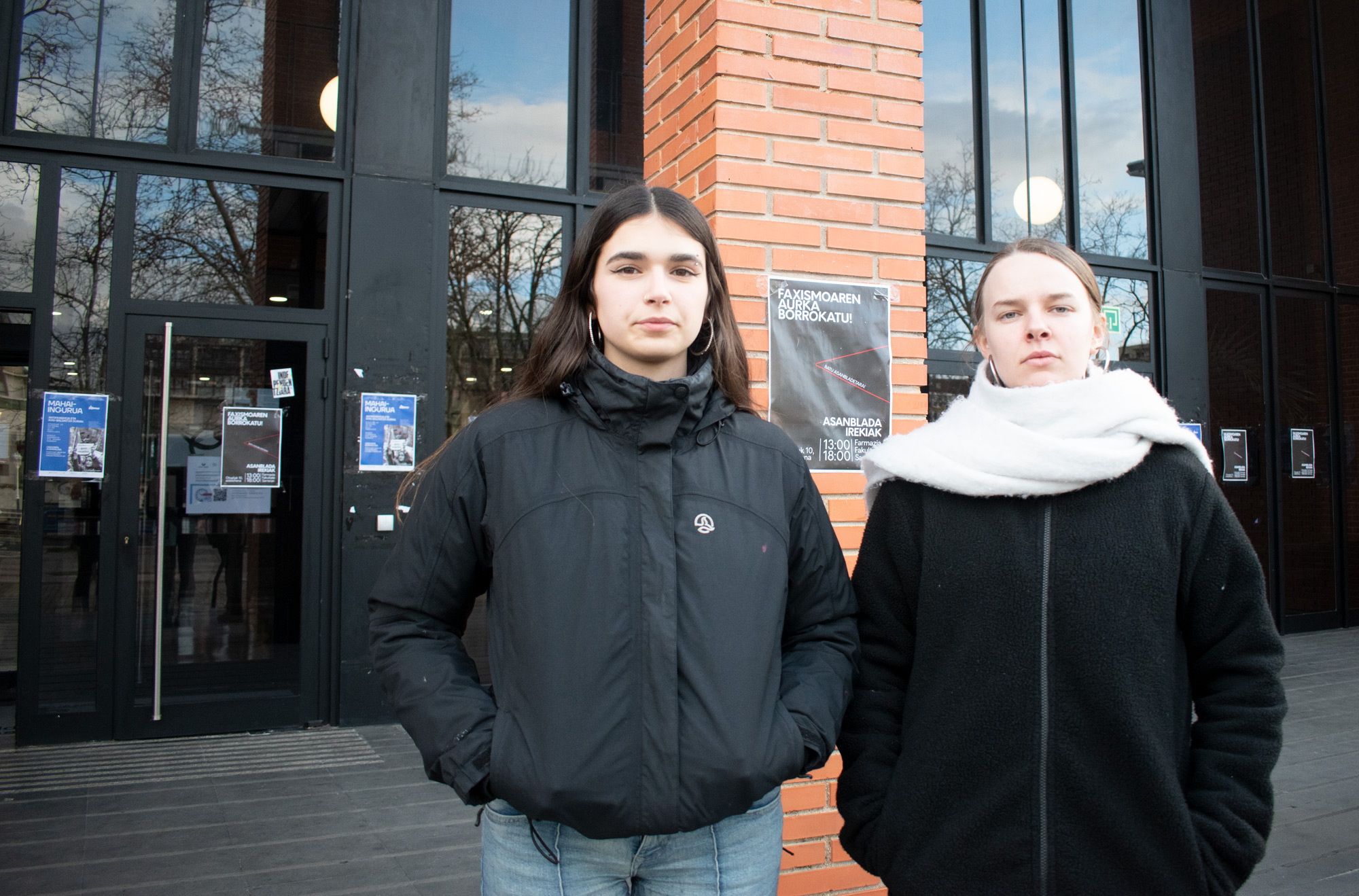
_2.jpg)

_2.jpg)
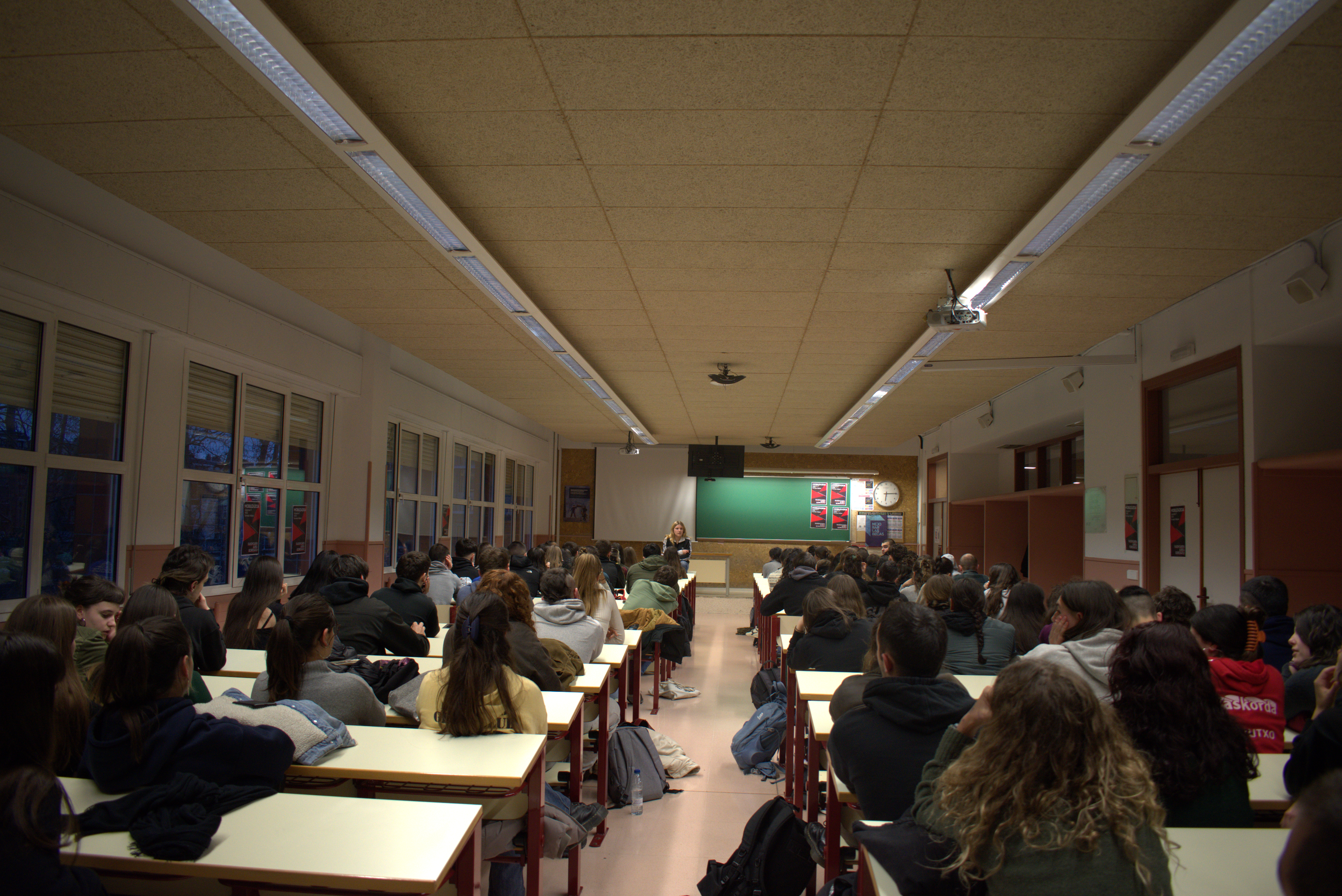

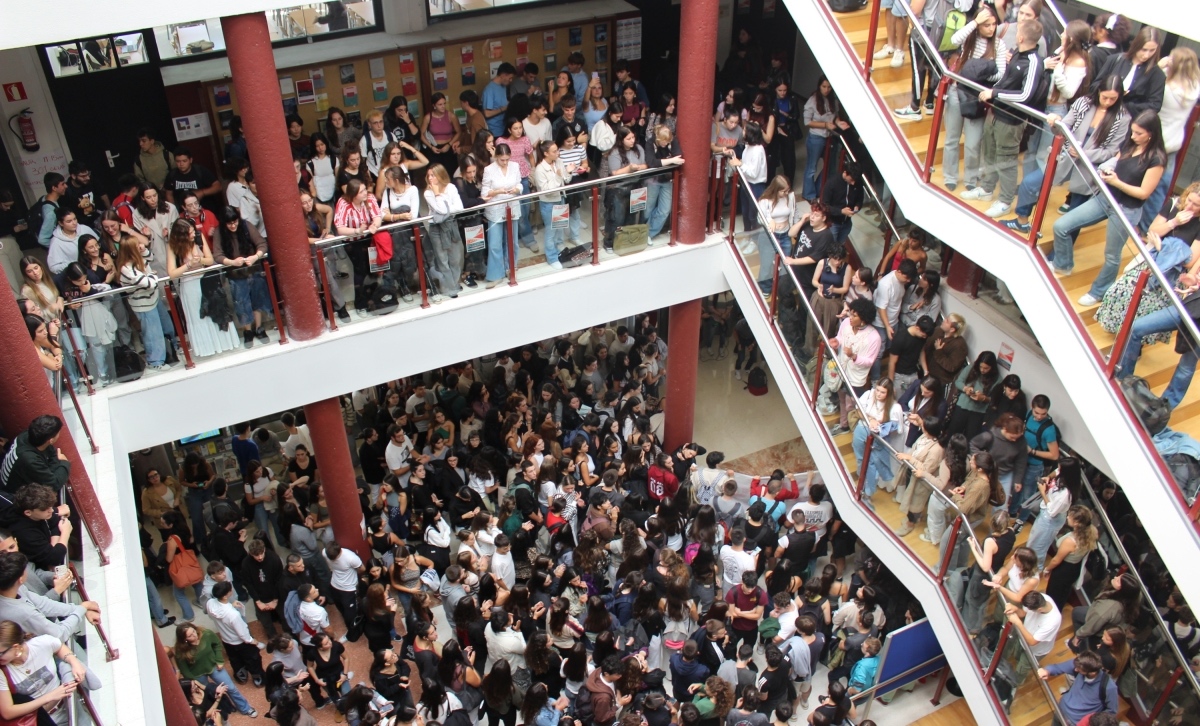
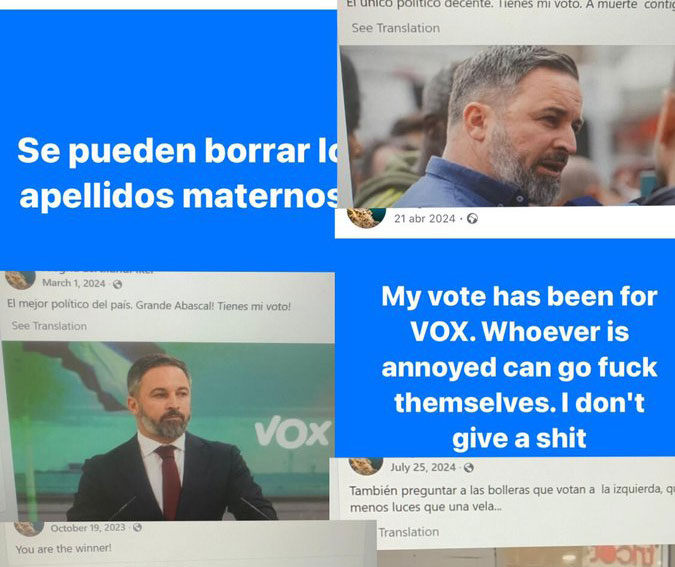
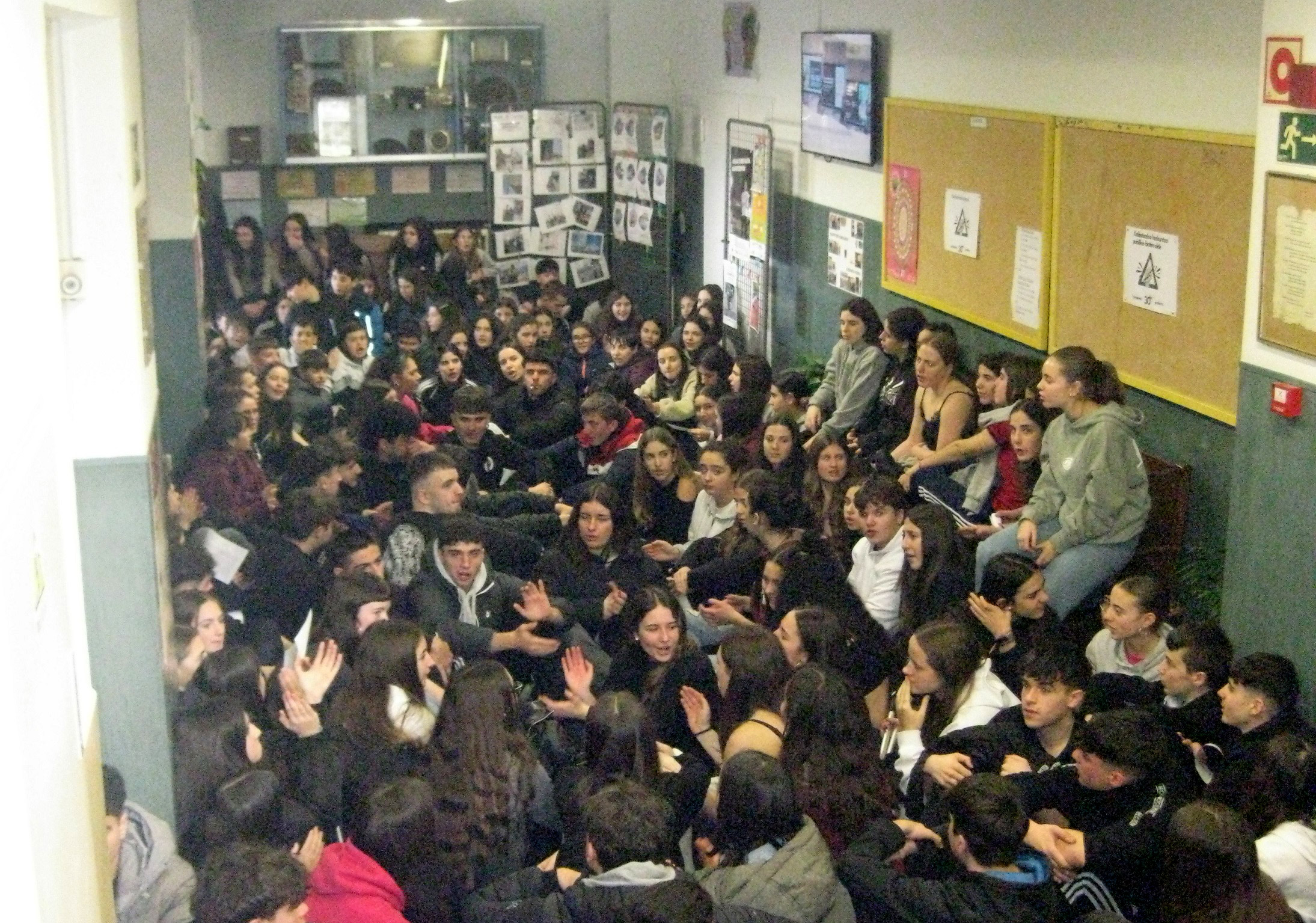

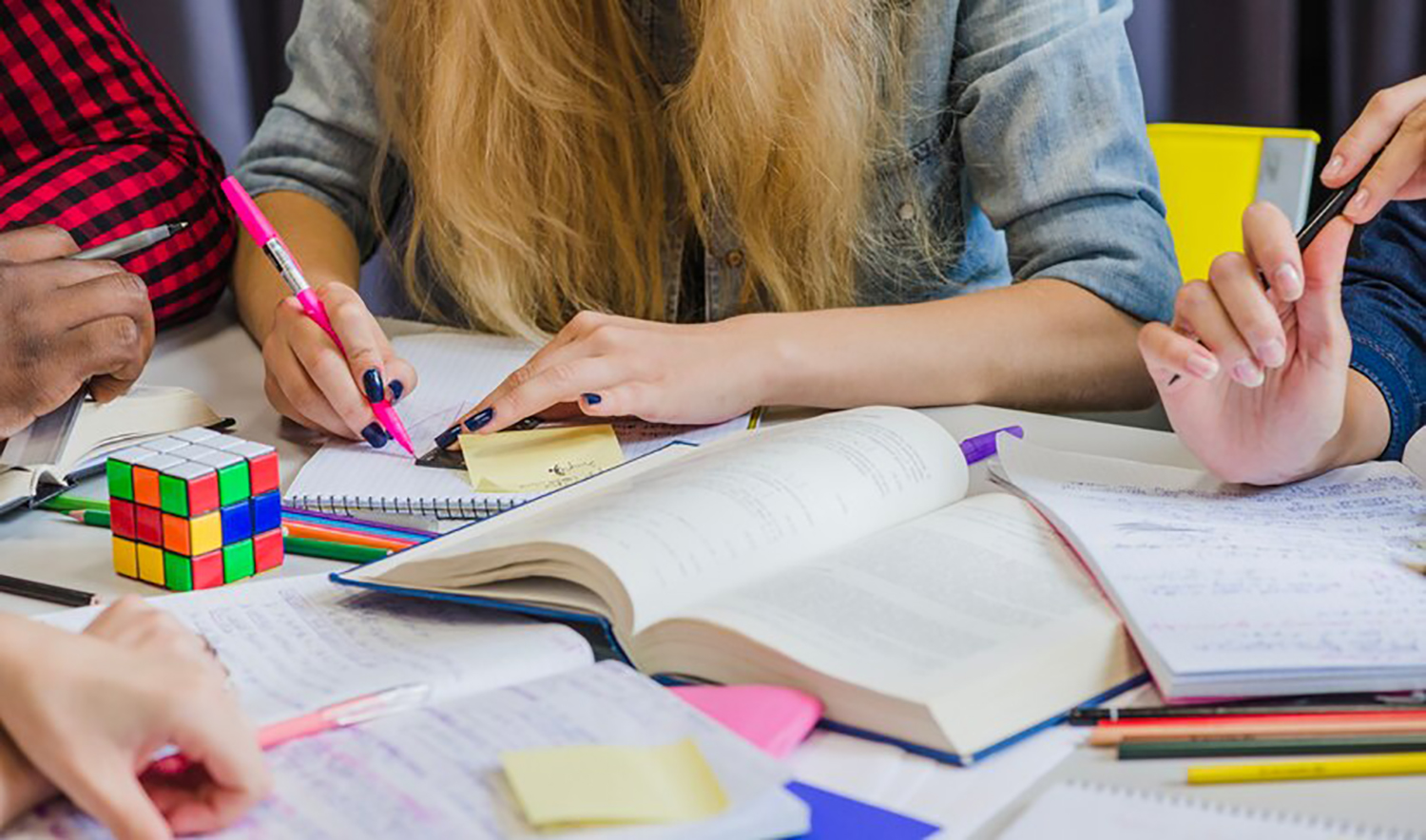

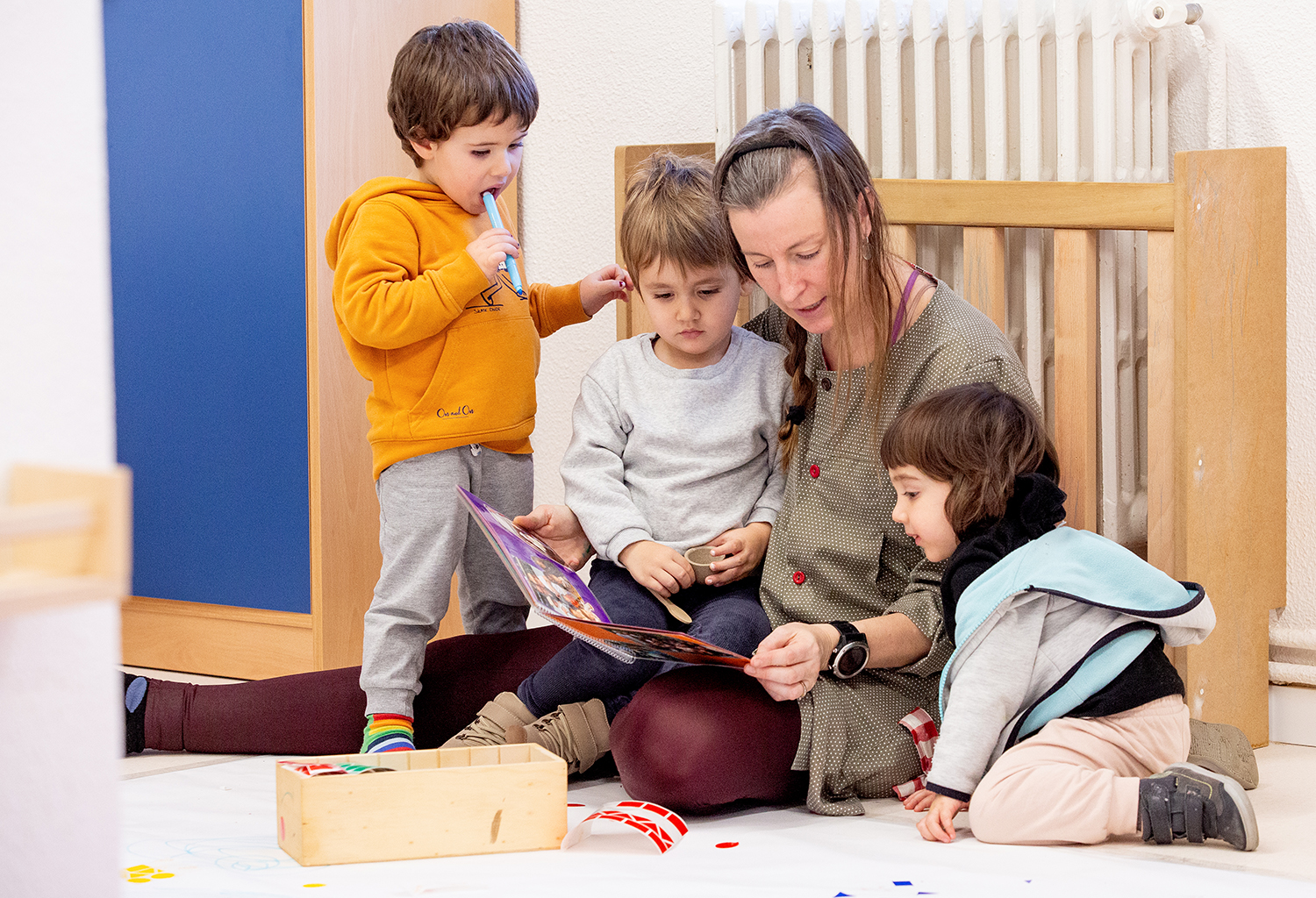
.jpg)